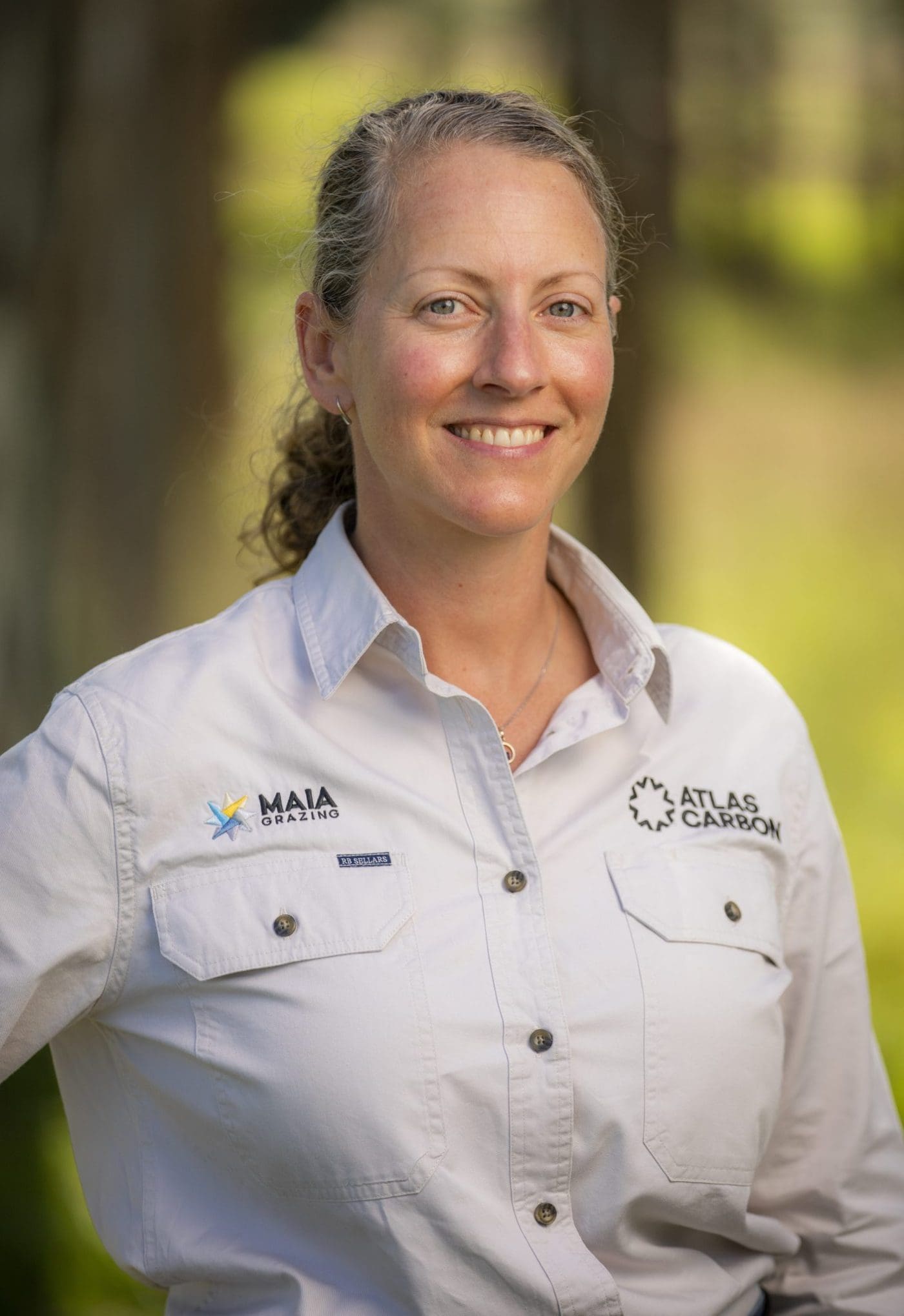AS the dust settles after the Federal Election, we can be confident that the new government will continue to prioritise action on climate, building on the policies implemented in the last term.
Australia’s commitment to the Paris Agreement – a 2030 target to reduce greenhouse gas levels by 43pc on a 2005 baseline – looms ever closer, with the government on a deadline to set an additional 2035 target this year.
Urgent action is needed to meet these targets. The majority of these reductions will need to come from the land sector, as was made clear by David Parker, Chair and CEO of the Clean Energy Regulator, in his remarks at the Carbon Farming Industry Forum earlier this month.
Fortunately, the sector already has nature-based solutions to draw carbon from the atmosphere into soils and landscapes, for example, through managed grazing. We also have a well-established mechanism to incentivise and reward action –the ACCU Scheme.
We are at pivotal moment for the ACCU Scheme. The full recommendations of the Chubb Review are yet to be implemented, the soil carbon method is under review (a standard practice that happens periodically), the Integrated Farm and Land Management Method is still in early stages of being developed, and new methods under the Nature Repair Market are emerging.
The right decisions could help to scale up the involvement of primary producers to the level that’s needed to meet our targets.
Currently, due to contradictory communication and policy, many producers perceive that the risk of participating in carbon projects outweighs the reward. The reason for this is threefold:
Firstly, producers do not have clarity on future expectations. They are being told they may need to make a choice between insetting to produce a low-emissions product (e.g. beef, cotton, grain) or generating carbon credits that can be sold to another entity as offsets.
For producers, the cost of transition can be significant, and the sale of carbon credits helps to shoulder the cost. In contrast, there is no financial reward currently offered for insetting at scale, nor is there a method to enable this. Producers need assurance that they can sell credits without major blowback in the future.
Industry organisations not doing enough
Industry organisations – such as MLA, Cattle Australia and NFF – are not doing enough to support this.
Producers also need the incentive to keep farming. Without support, family farms may come under pressure to sell to corporate entities that will plant trees to meet their own decarbonisation commitments, with land subsequently losing its productive value.
We cannot sustain Australia’s food and fibre production, or our regional economies, under this model.
Secondly, the cost of participating is still too high, or the payback period is too long. The government must seriously consider the proposals made as part of DCCEEW’s proponent-led method additions to improve the cost-effectiveness of projects.
For soil carbon projects, for example, this could include the expanded use of cost-efficient technologies, particularly remote sensing and modelling tools, in tandem with physical measurements for on-farm validation. Additionally, governments could offer grants or other funding support to get farmers started, such as the High Impact Partnership program being piloted in NSW.
Thirdly, producers (and investors) need assurance that there is stability in both, the methods and the market.
We need clearer and more transparent timelines on method development and periodic reviews. Any changes to methods must be supported by compelling evidence and clear communication to avoid undermining the confidence of market participants.
On the market side, we also need closer regulation of the Safeguard Mechanism, which mandates offsetting for big emitters, sustaining demand and value for carbon credits (ACCUs). Safeguard Mechanism Credits, issued to big emitters for reducing their own emissions below a baseline figure (and therefore requiring fewer offsets), need to be subject to the same rigorous integrity and auditing standards as the
credits generated through the ACCU Scheme.
These changes don’t require major overhaul of the system. In fact, in its current state the ACCU Scheme is a world-leading carbon market. However, the scheme is seen by some primary producers as not being fit-for-purpose; an issue that could be addressed by engaging with the solutions presented by the sector.
Further, as we start to embed nature repair into our environmental markets, we should not lose sight of the refinements still needed for our carbon market.
Primary producers are a key part of the solution to climate change – many are already implementing strategies that enhance farm productivity and resilience whilst delivering benefits for nature and climate.
The way to accelerate and scale this activity is for the new government and industry organisations to actively engage with the sector and its solutions, putting cash back into the pockets of producers who are doing the work, rather than the high-margin side of the supply chain.
- Ashley Silver is the CEO of Atlas Carbon, a service provider working with primary producers to build soil carbon and farm productivity through managed livestock grazing. Atlas Carbon is part of the Macdoch Ag Group.


HAVE YOUR SAY